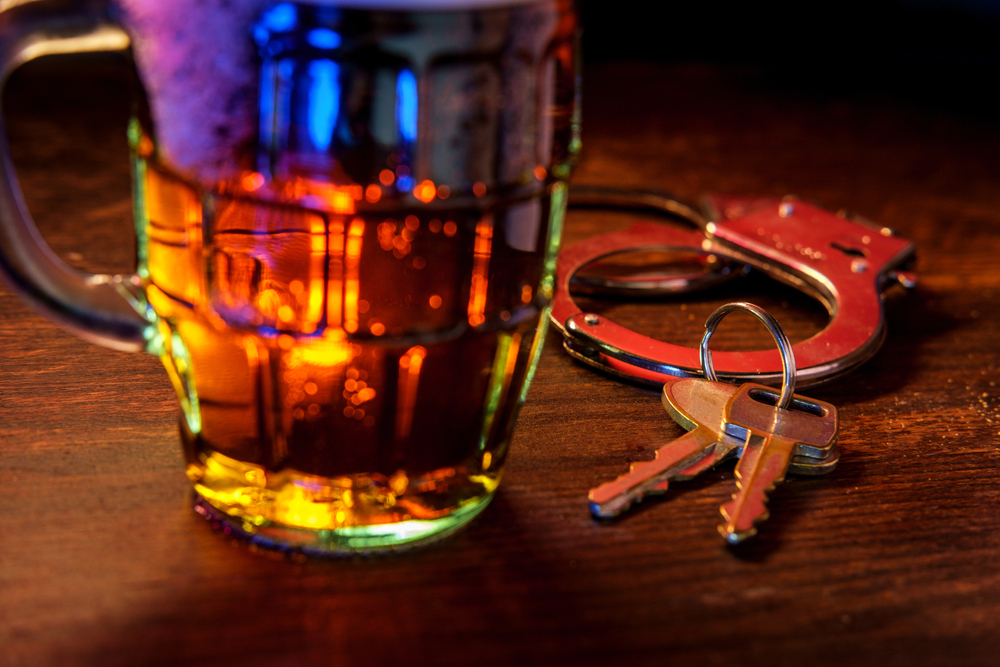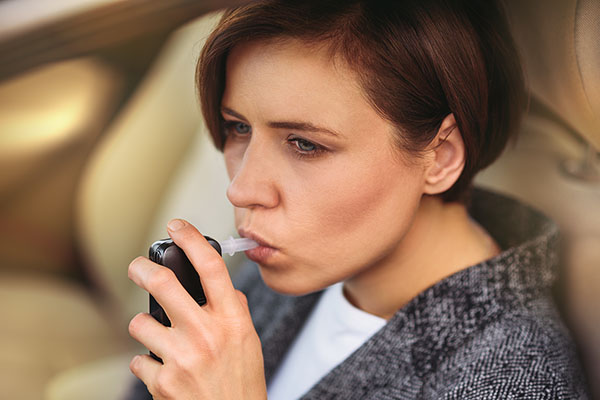What Is the Difference Between DWI and DUI in Virginia?

If you have been arrested for DWI or DUI in Virginia, you are likely concerned about how a conviction could impact your future. However, with the help of an experienced criminal defense lawyer, you could potentially get the charges against you reduced or dropped altogether.
DWI vs. DUI in Virginia
The term “DWI” stands for “driving while intoxicated,” while the term “DUI” stands for “driving under the influence.” In some states, DWI and DUI refer to distinct offenses under the law, with DUI considered a lesser crime.
In Virginia, the terms DWI and DUI are generally used interchangeably, even within the text of the law. However, each term does have a specific legal definition:
- Driving while intoxicated (DWI)means driving a motor vehicle with a blood alcohol concentration (BAC) of 0.08 percent or more, whether or not you actually show signs of being intoxicated.
- Driving under the influence (DUI)means driving a motor vehicle while your ability to drive is impaired by alcohol, regardless of how much you have consumed.
- Driving under the influence of drugs (DUID)means driving a motor vehicle with more than 0.02 milligrams of cocaine, 0.1 milligrams of methamphetamine, 0.01 milligrams of PCP, or 0.1 milligrams of MDMA per liter of blood.
Consequences of Arrest and Conviction
Virginia law generally imposes the same penalties for DWI, DUI, and DUID convictions. However, certain penalties may be more severe for repeated offenses and convictions involving drivers with exceptionally high BAC levels:
- First-time offenses— Categorized as class 1 misdemeanors, which are punishable by $250 to $2,500 in fines, up to one year of jail time, a one-year license suspension, and up to six months with an ignition interlock device (IID) used as a prerequisite for regaining restricted driving privileges.
- Second-time offenses— Also categorized as class 1 misdemeanors, but are subject to more severe mandatory minimum punishments, including $500 to $2,500 in fines, ten days to one year of jail time, a three-year license suspension, and a minimum of six months with an IID.
- Third-time offenses— Categorized as class 6 felonies, which are punishable by $1,000 to $2,500 in fines, 90 days to five years of jail time, an indefinite license suspension, and a minimum of six months with an IID.
- Fourth and subsequent offenses— Also categorized as class 6 felonies, but are subject to more severe mandatory minimum punishments, including at least $1,000 in fines and a minimum of one year of jail time.
What to Do If You’ve Been Arrested on Suspicion of Drunk Driving
If you were arrested on suspicion of drunk or drugged driving in Virginia, it’s important to act quickly. State courts tend to move through DUI and DWI cases rapidly, so you can establish a strong foundation for your case by:
- Refraining from arguing with the police, trying to explain your side of the story, or resisting arrest in any way
- Avoiding conversations about your case with loved ones, which may be called as trial witnesses later on
- Paying attention to details, such as names and badge numbers, anytime you interact with law enforcement officers
- Contacting an experienced defense attorney as soon as possible
How an Attorney Can Help
A Virginia drunk driving defense lawyer can help you by:
- Investigating the circumstances surrounding your arrest
- Looking for evidence of improper procedures in breathalyzer or blood tests
- Establish a strong defense case on your behalf
- Negotiating with the prosecution for a plea deal
- Representing you at trial, if necessary
Why Choose Bain Sheldon?
The Virginia criminal defense attorneys of Bain Sheldon have the trial experience and the attention to detail needed to help you seek the best possible outcome for your Virginia DWI or DUI case. Contact us today to learn more about our services in a free initial case evaluation.






